Mothers face double-edged sword in Swiss workplace culture
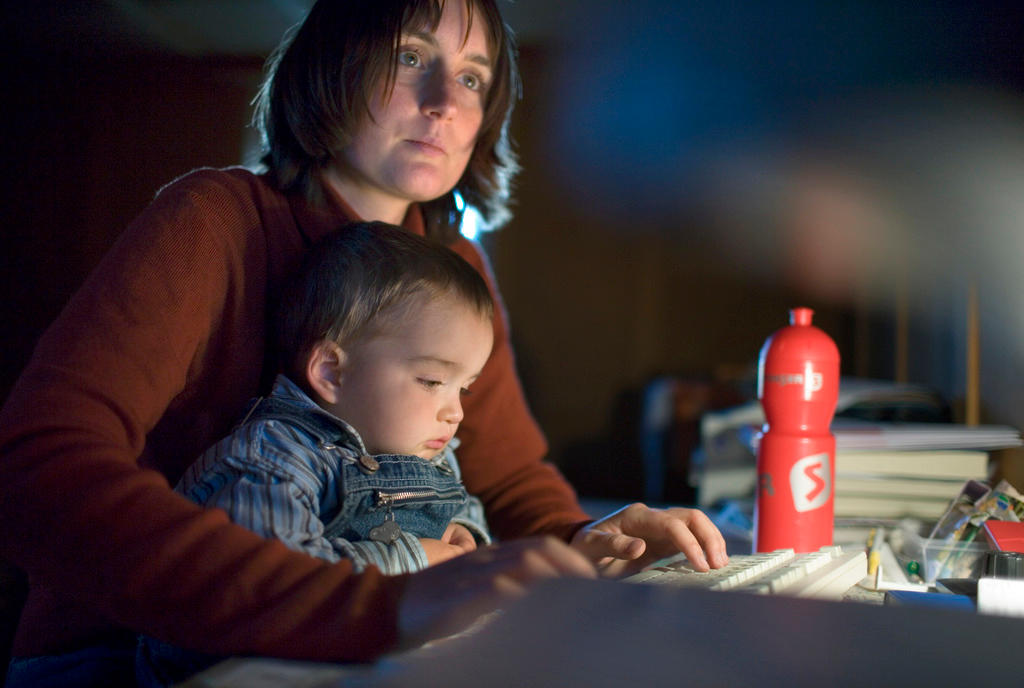
Switzerland’s part-time work options can be both a blessing and a curse for working mothers. More women are now calling for an end to a stigma on mothers in the workplace that is holding their careers and the country back.
Ingrid Bringas’ career was on the upswing at a big multinational company in Switzerland until she told her employer she was pregnant. “I was managing a global project for Ceva Logistics with 13 to 14 smaller projects running in parallel. I told them I was pregnant, and another manager was put on the project and I was shoved aside.”
The real kicker came when she was told not to return the day after her maternity leave ended and given three months’ salary as severance. In a response to swissinfo.ch, Ceva Logistics said they don’t comment on individual cases but that it is a priority to treat all employees equally.
A Zurich-area woman, who prefers to remain anonymous, had a similar experience at a big tech multinational in Zurich where she says she was left out of important meetings as soon as she announced her pregnancy. She and her employer agreed on an additional six months’ unpaid leave and that she would return to work at 60%, gradually increasing to full-time work. But, her employer called during her unpaid leave with the news that she was out of a job.
The company claimed it was the result of restructuring. But the woman, who worked at the company for more than five years, told swissinfo.ch that “the dismissal came as a surprise to me and I was left thinking that being a working mother and requesting to temporarily work part time were deciding factors”.
Discrimination camouflage
These stories are not exceptions. A recent government-commissioned studyExternal link found that one in ten women face discrimination after maternity leave in Switzerland.
An analysisExternal link of cantonal court hearings and judgements on the Gender Equality Act from 2004 to 2015 found that one-third of all discrimination cases relate to pregnancy or maternity, and most are the result of employment termination after maternity leave. Plaintiffs in such cases stand very little chance in court, though, since more than 80% of the lawsuits were dismissed. (See here External linka list of current cases.)
In Switzerland, it’s not unusual for a woman to be asked in a job interview: Do you think you can handle this job with two kids? Do you plan to have kids? Or even, are you pregnant?
While asking such questions is a form of discrimination based on family situation or pregnancy under the Federal Gender Equality Act External link(Art 3), it doesn’t elicit the same uproar in Switzerland as it often does in other countries like the United States where employers are likely to be slapped with lawsuits. The accepted format for CVs in Switzerland still includes marital status, age and number of children, making it harder to remove bias from the hiring process.
Alkistis Petropaki leads Advance Women, an association to support women in business leadership. She says that “discrimination is a big word. In most companies there is not a conscious or active discrimination of mothers and fathers.”
“Discrimination against working women has existed for a long time, but it returns in waves because the problem has never really been addressed. It is like the work of Sisyphus pushing a stone up a hill.” Valérie Borioli Sandoz, Travail.Suisse
+ Read more about legal protections and accommodations before, during, and after maternity leave
Conscious or not, discrimination affects women who want to move up the career ladder after having children when they are labelled “difficult” or “complicated” employees.
Petropaki, who is Greek but has spent most of her life in Switzerland, says that “there is a stereotype that when a woman becomes a mother, she is going to work part time, be less interested in her career, and will become a problem. This leads to discrimination in promotion.”
She believes this is one reason why women represent only 9% of senior management positions in the top 100 employers in Switzerland.
Part-time possibilities
Part-time work, specifically, is a double-edged sword for working mothers. Switzerland has among the highest percentages of women in part-time work of any OECD country, with almost 60% of womenExternal link in Switzerland working part-time.
Valérie Borioli Sandoz, who leads equality policy at the union umbrella group Travail.Suisse, sees part-time work as the “least worst solution that we have to be able to reconcile work and family. But it can be a trap that is very difficult to escape.”
Indeed, part-time work can be a blessing for many mothers.
A Swiss mother from Ticino, who works for the government administration in Bern, says she feels lucky to be able to do so at 50% and still have a career. Many foreign mothers say that they would never be able to have a profession and still spend time with their children in their home countries the way they can in Switzerland.
Sarah Meier, who worked for a German multinational in Zug before founding parents@work, a peer-coaching programme for working parents, says that in her home country of South Africa “we don’t have the luxury of working part time. People either work 100% or not at all. In Switzerland, people can afford to work part time”.
“It was almost as if he felt guilty for my family. Bosses worry that the work will interfere with other family responsibilities.” – an American mother in Switzerland
Spanish mother Valle Nieto has a different perspective. She is one of three female engineers at the Chinese technology company Huawei in Zurich and says that she hasn’t faced any discrimination. On the contrary, she believes she’s leading one of the best projects at the firm.
Part-time work is not possible at Huawei, though Nieto has the flexibility to work from home when she needs to. And that arrangement is fine with her.
Society, she believes, should not require her to compromise her career by reducing her work percentage just because she has a child. “I studied a lot. My parents paid a lot for my university and then I have a kid. I shouldn’t have to lose everything just because society is not ready. I don’t think it’s fair.”
By choice or by no other choice?
But other unique elements of Swiss culture make part-time work the most logical option for many working parents – or the only option.
It is still common in Switzerland for schools to close at midday for children to go home for lunch and many primary school children have a few afternoons a week off of school. There is also a shortage of affordable childcare. Three days a week in a non-subsidised crèche can easily cost a family CHF20,000 ($20,000) or more per year.
This means parents must often do the math when it comes to paying for creche or having one person work part time – usually the mother.
+ Read more about what attempts are being made to increase the number of childcare options
Playing catch up
Indeed, many mothers who spoke to swissinfo.ch say that traditional ideas about gender roles – such as women staying home for the good of the children – are still very present in the country. Several mothers explained that their bosses often couched their dismissal in good intentions for them and their families.
In a recent articleExternal link, Alexandra Dufresne, an American mother and human rights lawyer in Switzerland, wrote, “The belief that motherhood is a woman’s first priority is so ingrained that women often lose leadership responsibilities they had long exercised when they return from maternity leave, whether they want to step back or not.”
Borioli Sandoz of Travail.Suisse says that “these traditional ideas about women’s role in the home lead employers to believe that women are choosing to work less, and that when the child is sick, it is always the mother who will leave work. We should remember that there is also a father and that the father also has the right to take time off when a child is sick.”
Adjusting the system
Travail.Suisse holds out hope that the people’s initiative they sponsored for at least four weeks (20 days) of paternity leave will pass and pave the way for more equality both in the home and in the workplace. Meier agrees that “there will always be a gender gap if women are the only ones taking leave and working part time”.
Swiss father Stefan Barth, who works at Zurich Insurance, experienced some of benefits and challenges of a reduced work schedule, as he explains in the video below.
Some large companies are getting out ahead of political demands for paternity leave. Novartis just announced it is offering new fathers 14 weeks of leave, while Axa Insurance has been experimenting with job-sharingExternal link in senior roles and companies like Swisscom have been offering flexible schedules for years. Most full-time positions, including many senior leadership roles, at big multinationals in Switzerland are now being advertised as 80-100% to allow for part-time work for any applicant.
Getting fathers on board is the next hurdle. While the share of men working part-time is growing, a recent articleExternal link in the Neue Zürcher Zeitung pointed out that many fathers choose not to take leave even when it is offered.
Alain Debrot works at Siemens where he is a coach in a new peer coaching program for fathers. He believes that more fathers need to see that it is possible and desirable to spend valuable time with their kids beyond the weekend.
“It is only women who are entitled to be absent when a baby is born and as a result, employers view young women as a risk while men, are not seen as such. More than 100,000 men take a leave of absence for military service, but this has never been viewed as a problem.” – Borioli Sandoz, Travail.Suisse
“We need to support fathers so they can also find a way to balance a career and be involved in raising their children.”
Ultimately, many parents who spoke to swissinfo.ch said that society needs to make it possible for people to balance work and caring for children because it makes economic sense. As Petropaki points out, “There are now more females than males graduating from university. When they stay home, it is a socio-economic disaster.”
Graphics input from Alexandra Kohler

More
Swiss father talks about working part-time
_

In compliance with the JTI standards
More: SWI swissinfo.ch certified by the Journalism Trust Initiative












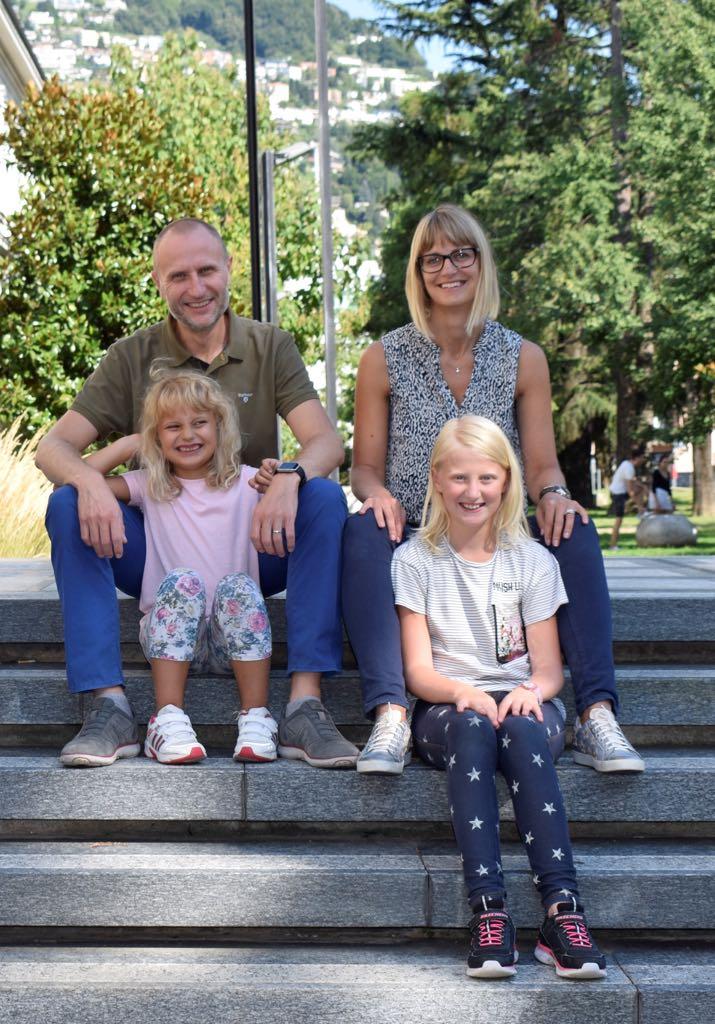
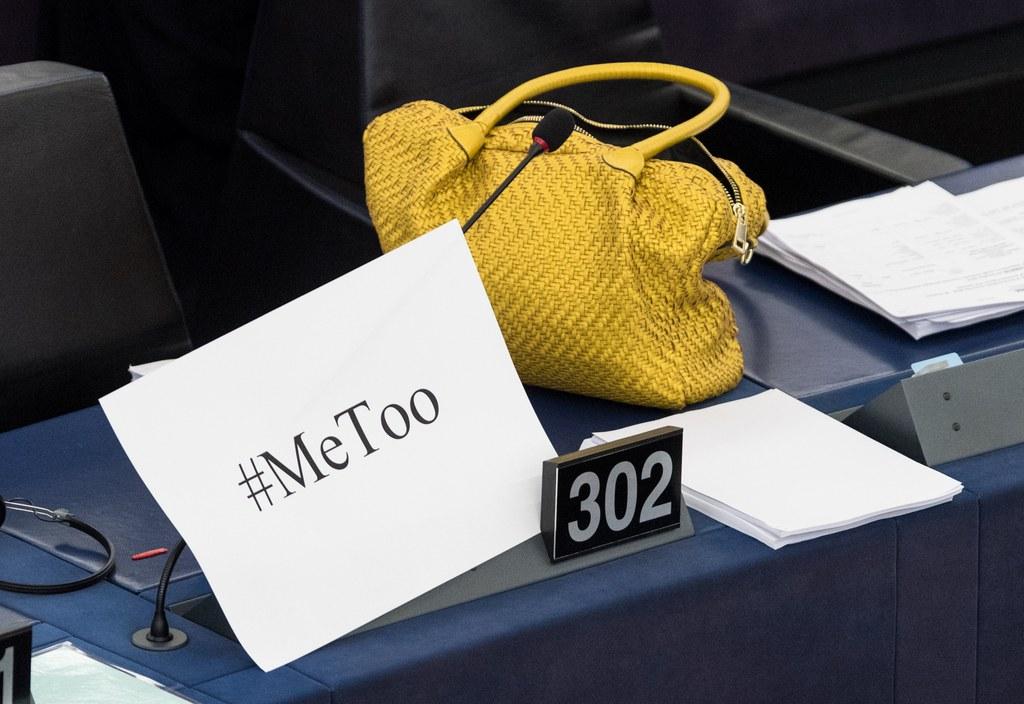


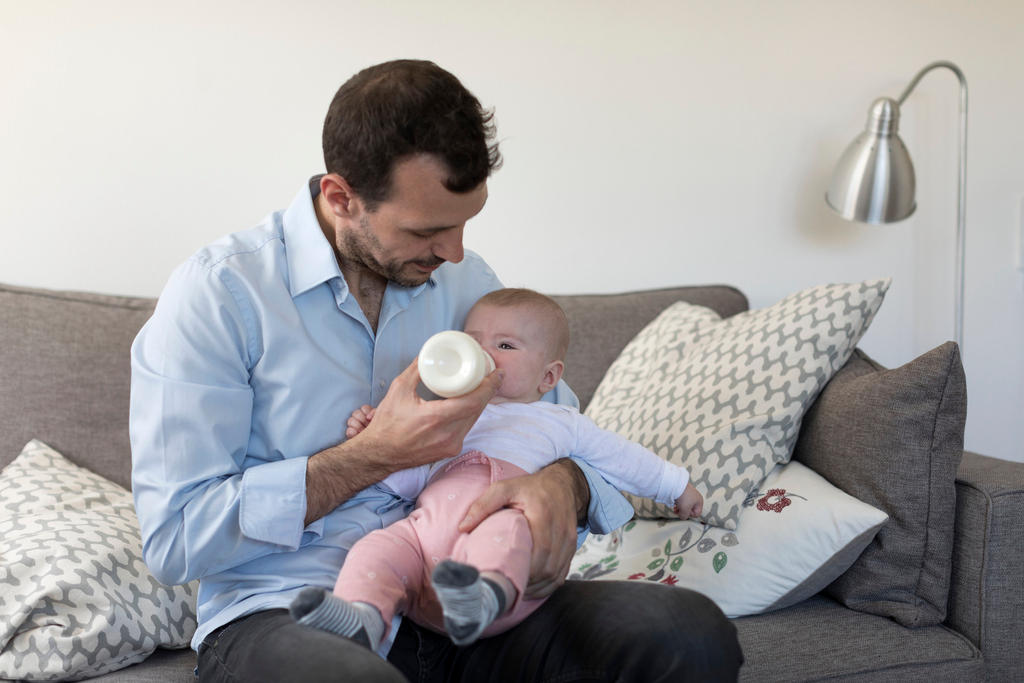
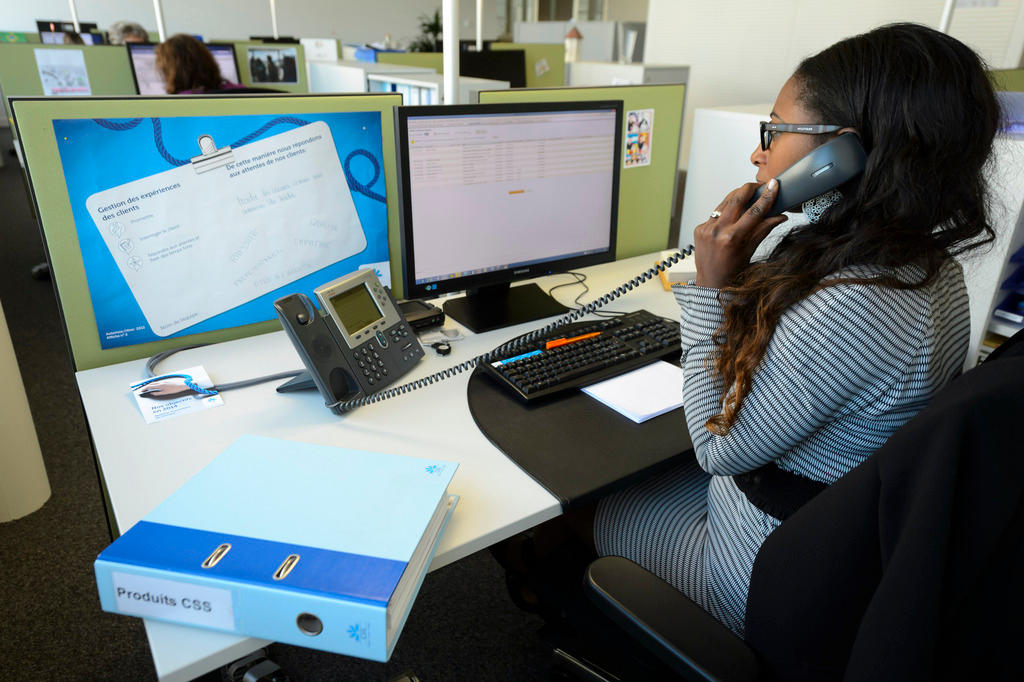

You can find an overview of ongoing debates with our journalists here . Please join us!
If you want to start a conversation about a topic raised in this article or want to report factual errors, email us at english@swissinfo.ch.